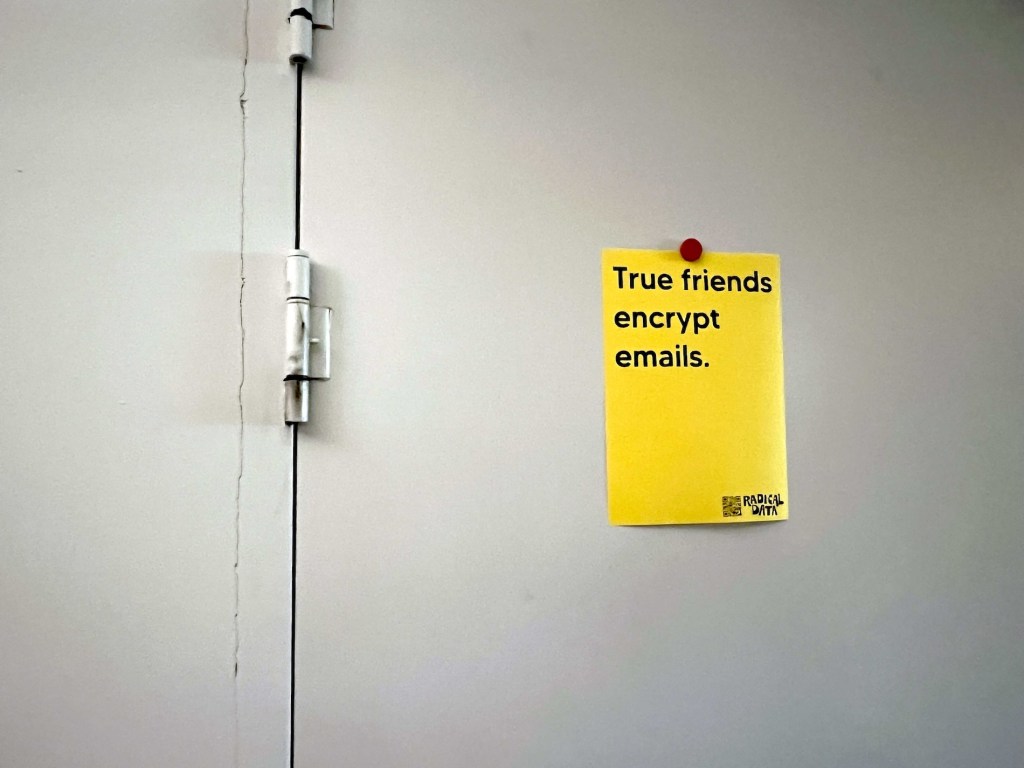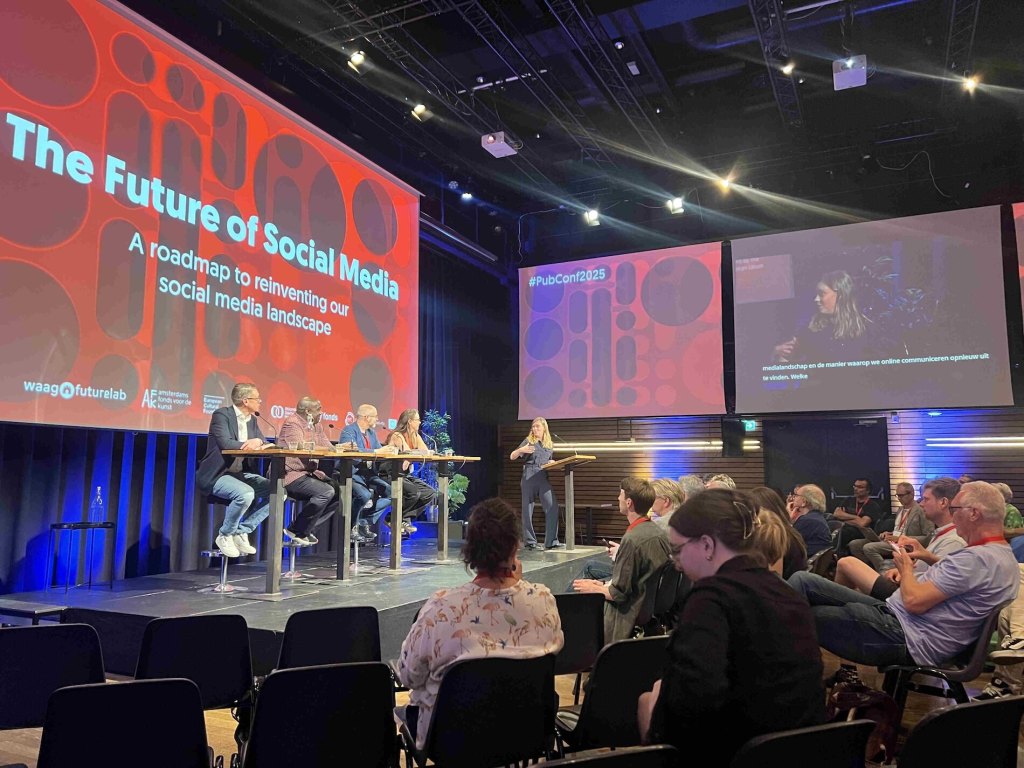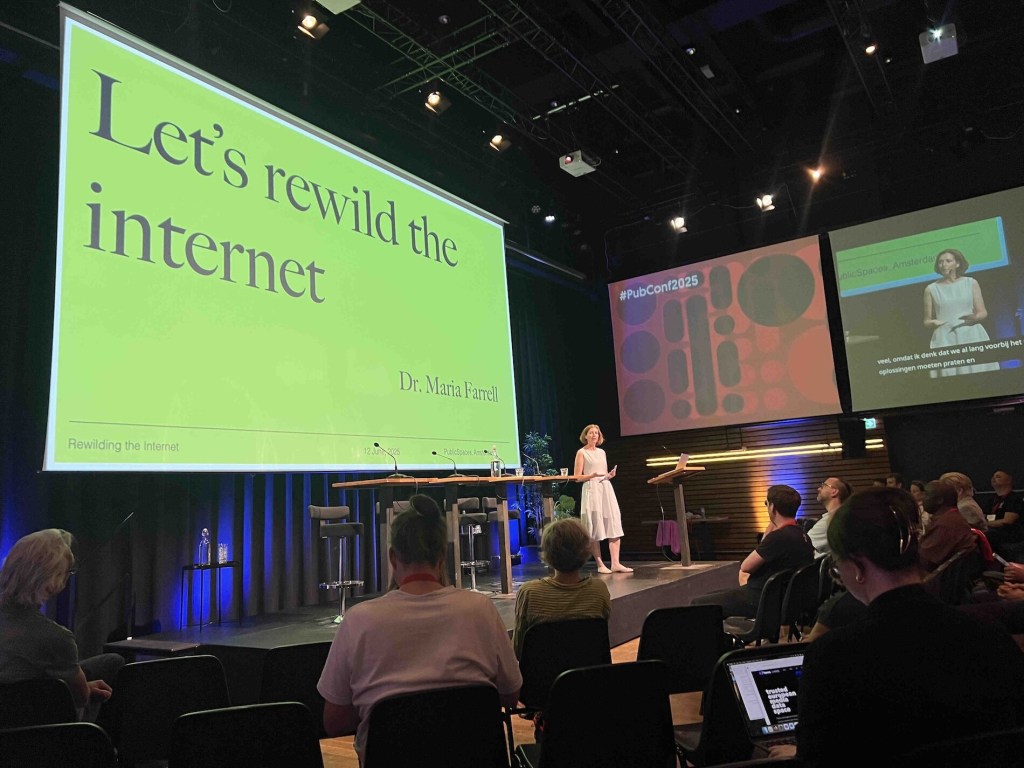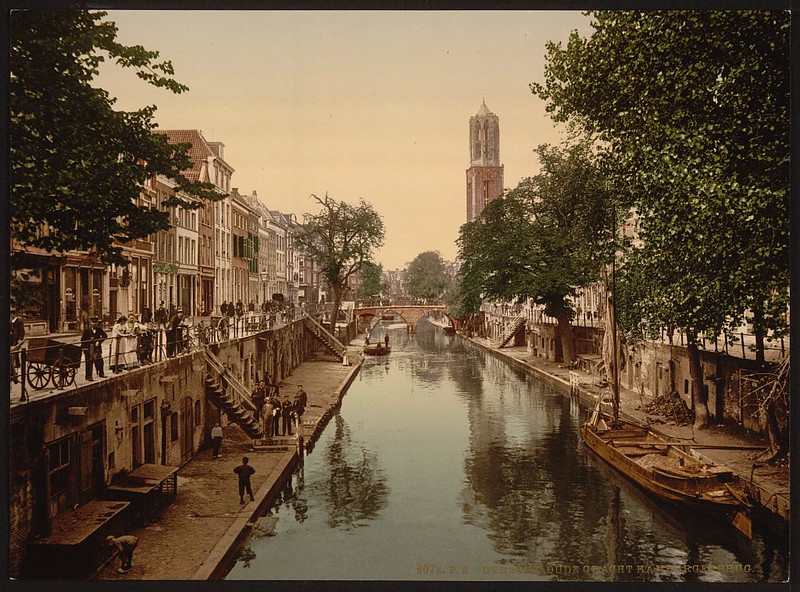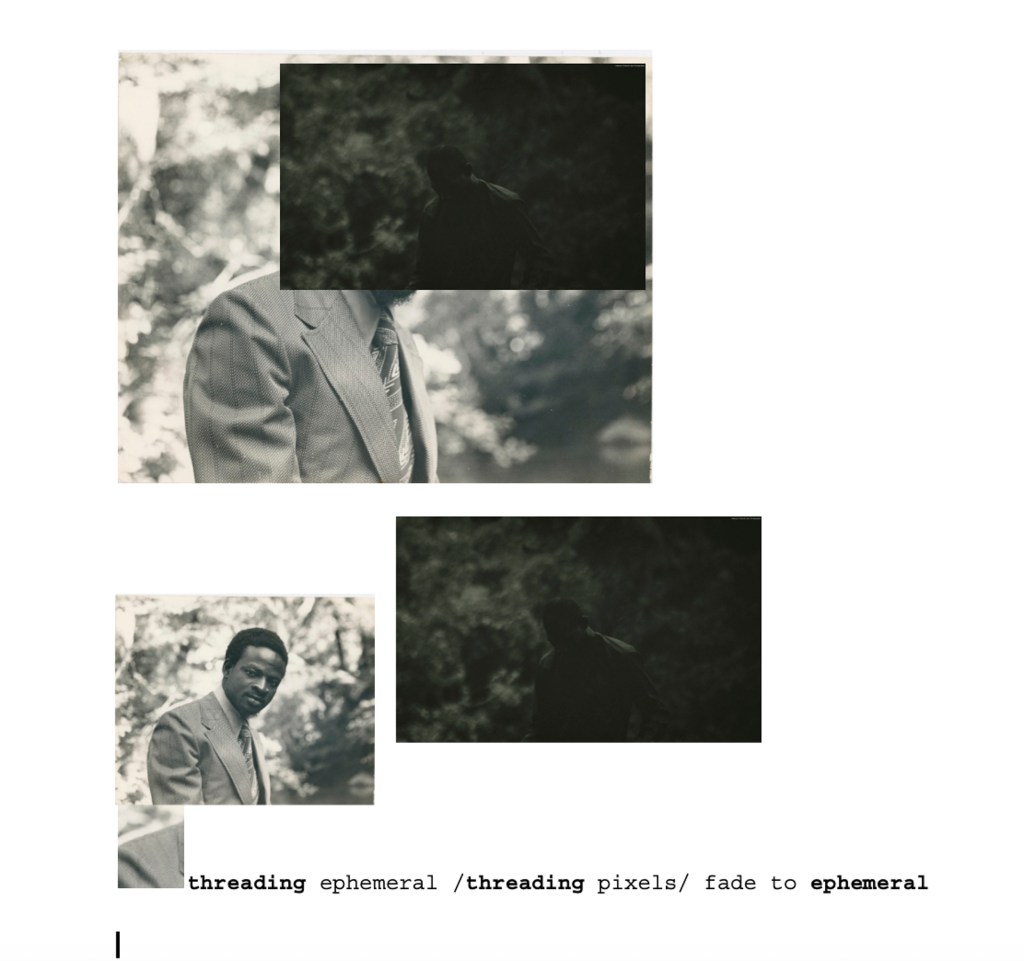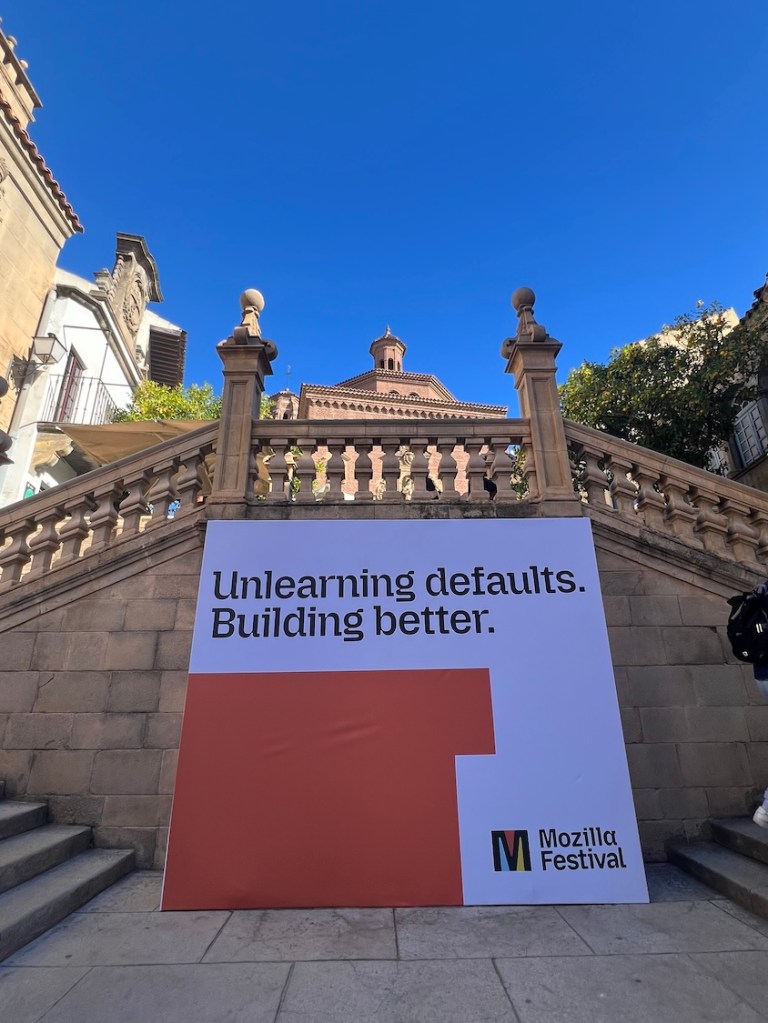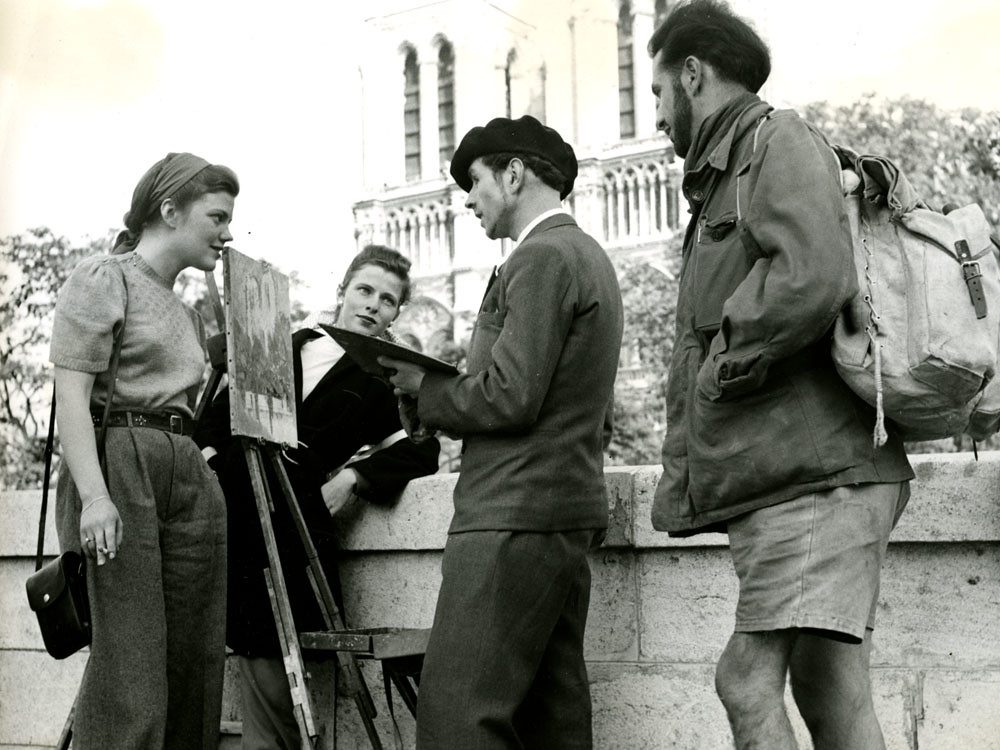Flickr Foundation had a busy week last week as we hit up several events in the Netherlands! We were pleased to be invited to the Data Care Workshop, Inclusive Design Leadership Summit and PublicSpaces in Utrecht and Amsterdam respectively. Below we share our thoughts and reflections on a stimulating week of talks, workshops and roundtables that explored critical questions around AI, creativity and our digital commons.
Data Care Workshop, @ University of Utrecht
Hosted by the Inclusive AI Lab, this was second in a series of workshops bridging researchers, policymakers, industry professionals, artists and academics to discuss how creatives and cultural communities can play a bigger role in the development of AI.
The centrality of AI in cultural communities cannot be missed in 2025. As Nanna Verhoeff noted in her opening remarks, we are at a curious inflection point, well-captured by the feminist adage describing a moment as “between no longer and not yet”. She proposed conscientious engagement with, rather than disembodied critique separate from, the machine. This doesn’t mean adopting AI wholeheartedly, without pause for reflection, but instead staying curious about the processes and designing for intimacy — no small task.
The first roundtable, featuring guests from the British Council, Adobe and Future2, discussed how this engagement might be enacted. Particularly invigorating, against the backdrop of seemingly unbridled AI data capture, was the call to “fund people instead of [AI] projects”. If creative works have already ended up in AI datasets — a story that seems increasingly foreclosed — then we ought to recognise the value of these contributions and fund towards greater creative flourishing. While opt-out mechanisms, such as the Spawning database and anti-training tools, remain desirable, it increasingly feels as if the proverbial horse has already bolted.
One beautiful addition from Smith Mehta, Assistant Professor at University of Groningen, introduced the Jain concept of anekantavada (“no-one-perspective-ism”) to the discussion, which resists philosophical dogmatism and recognizing the good qualities of many different points of view. He proposed, in making decisions about AI’s development, “We ought to judge technology by its ability to visualise multiple realities — something that can speak to both, or multiple, sides without needing to choose one”. How might we develop technological tools and practices that allow for multiple possibilities rather than singular pathways?
Expanding this poeticism, Wakanyi Hoffman, Founder of the African Folktales Project, proposed the following indigenous metaphors to guide future conversations about AI:
- braiding knowledge
- weaving the social fabric
- repairing the tears in the fabric
- planting seeds for future forests
Hoffman asked panellists what each metaphor would mean for designing and handling AI systems, while maintaining community and ecology not just as stakeholders, but as system holders.
A particular highlight, and a welcome jolt from the traditional conference format, was a performance by Dr. Nii Ocquaye Hammond and Dr. Marleen de Witte. De Witte sets up the white-gloved anthropologist (or digital archivist), proud of her DAMS system that can show date, origin, connections of Ghanaian ancestral statues. Her self-assured practice is intercepted by a wandering griot, Ocquaye Hammond, who demarcates the spiritual space, implores her to step out of her structural confines to understand what cannot be captured by the collecting system. The piece was first developed in consultation with the Ghanaian community in Biljmer, Amsterdam, de Witte probes: “What journey were they on before ending up in a European museum collection? And what new meanings were they given during and after that journey?” The ramifications of such performance were being shared late into the summer evening. /
Inclusive Design Leadership Summit @ Social Impact Factory, Utrecht
Also hosted by the Inclusive AI Lab, this summit experimented with an inaugural format for engaging professionals — particularly from policymaking, public sector, and start-up fields — in embedding critical inclusive design frameworks into strategy and existing systems.
Flickr Foundation hosted a workshop on Digital Legacy, an emerging strand of inquiry for us that connects to the Inclusive AI Lab’s focus on diversifying the digital commons. Organisations are huge repositories of data, knowledge, and histories, yet few consider the long-term preservation of this data (whatever form it takes, websites, Slack, codebase, Google Drive), particularly in the digital realm. We prompted participants to ‘think like an archivist’ with the following overarching provocation:
How can my organisation develop a digital legacy strategy that secures a more detailed, representative and equitable record?
Participants selected what they would save for 100 years in their organisation and collectively developed principles for technical and social maintenance of organisational digital legacies. Key critiques were also surfaced. For instance, what gets included in archives is inevitably skewed toward who is in the room when preservation choices are made. We felt the ‘archival moment’ presents an intervening opportunity to reflect organisational diversity, particularly forgotten or hidden labour. More conscious reflection and storytelling in the present can also serve future inheritors of organisations — something we’ve been exploring with our in-house tool, Digital Daybook.
Other points surfaced by participants:
- the emergent practice of death cleaning in Northern Europe
- shifting our mindsets to work on being ‘good ancestors’
- applying the care of family archival practices to organisational strategy
- navigating contextual privacy in legacy settings (e.g. personal blogs)
- from vellum to floppy disks at the Rijksmuseum Boerhaave
We’re considering rolling out this workshop as a service for organisations. If this sounds like something you might be interested in exploring, please let us know!
PublicSpaces Conference: Shaping Our Digital Future, Amsterdam
Nestled in a former warehouse on Amsterdam’s Eastern Docklands, PublicSpaces tackled the ambitious goal to “reclaim the internet as a force for the common good.” A stirring opening as Paris Marx’s (host of ‘Tech Won’t Save Us’ pod) keynote immediately rallied against the dominant techno-feudalist, techno-fascist practices that de-nature and de-future our possibilities for alternatives.
Presentations and workshops focused on how successful alternatives have been built — strengthening the public domain, building open-source tools, fostering offline networks, designing software for the often-forgotten — and how to maintain these practices against the odds.
Particular highlights included:
- A workshop with the Permacomputing Collective where we examined what their Principles mean in practice within our organisations (”Expose the Seams”, “(Almost) Everything Has a Place”) and how we might be able to apply them
- Flavia Dzodan’s reflections on almost a decade spent interrogating algorithmic systems and their impact on creativity. Check out her ‘This Haunted Inbox Where I Archive’, possibly the best newsletter name on the planet?
- Maria Farell’s closing keynote on ‘Rewilding the Internet’. which introduced the metaphor of wildlife corridors. The most common form is the hedgerow, which not only facilitates species movement but also provides shelter, nourishment, and interaction opportunities. How might we design more of these technological hedgerows rather than walled gardens? We also found out that the Gaelic for ‘ladybird’ is “little cow from God” 🐞
